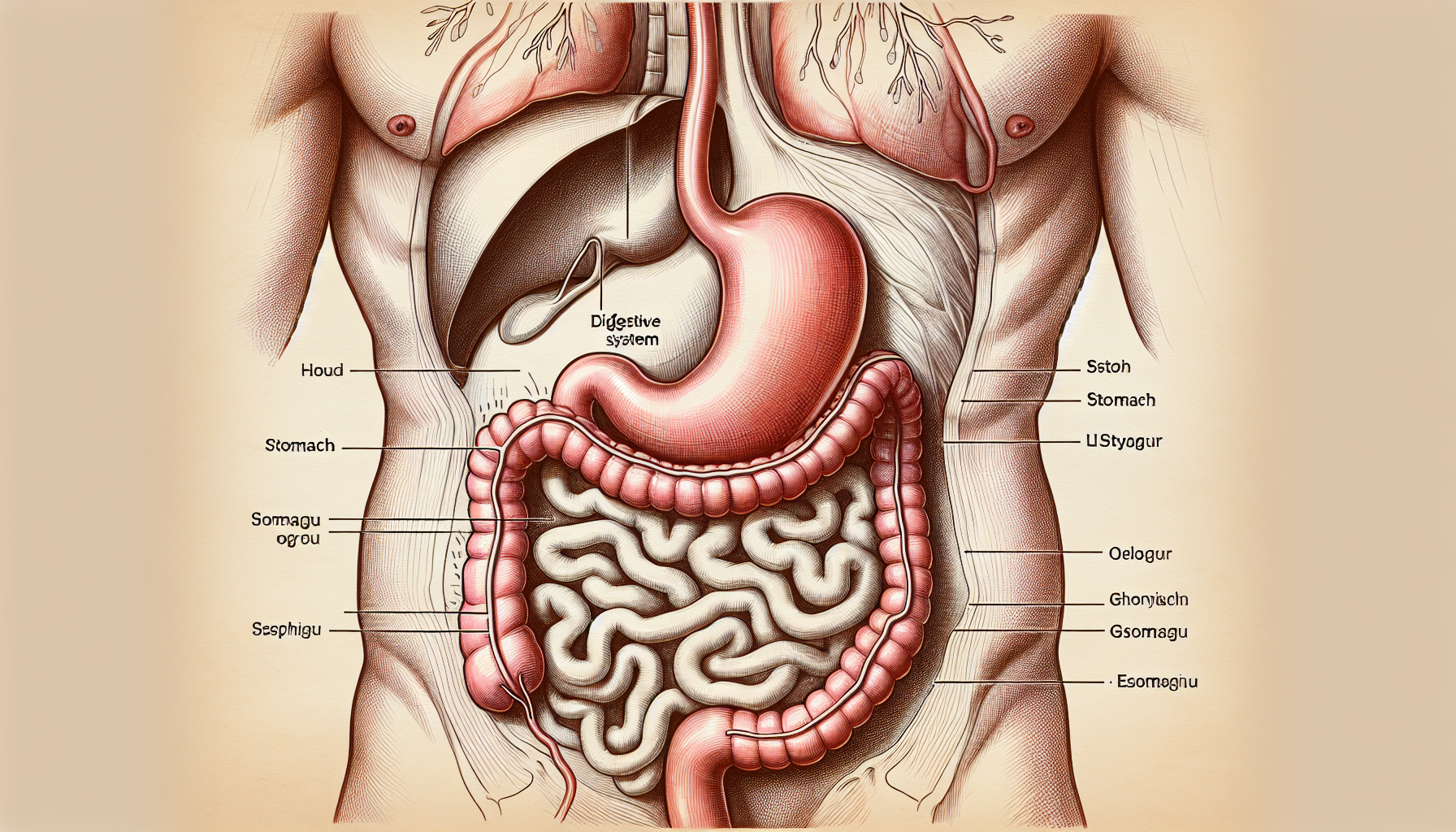Acid reflux, also known as gastroesophageal reflux disease (GERD), affects millions of people worldwide. It is a chronic condition where stomach acids or bile flows into the food pipe and irritates the lining. This often results in heartburn, a burning sensation in the chest. However, through a combination of lifestyle changes, dietary adjustments, and medical interventions, managing acid reflux is possible. This comprehensive guide will explore the various therapeutic approaches to combatting this digestive health challenge.
Understanding Acid Reflux
Before diving into management strategies, it’s crucial to understand what triggers acid reflux. Factors such as obesity, certain foods and beverages, smoking, pregnancy, and certain medications can exacerbate the condition. The esophageal sphincter, a valve that opens to allow food into the stomach and closes to keep it there, can sometimes weaken or relax at inappropriate times. This dysfunction is often the primary culprit for acid reflux.
Lifestyle Modifications
The foundation of managing acid reflux lies in lifestyle changes. Implementing small yet significant adjustments can have a profound impact on symptoms:
- Maintaining a Healthy Weight: Excess weight can put pressure on the abdomen, pushing up the stomach and causing acid to back up into the esophagus.
- Eating Smaller Meals: Large meals expand the stomach and increase upward pressure against the esophageal sphincter.
- Avoiding Trigger Foods: Foods and beverages like chocolate, coffee, fatty foods, spicy foods, and alcohol should be consumed in moderation or avoided.
- Quitting Smoking: Tobacco can weaken the esophageal sphincter.
- Elevating the Head During Sleep: Using a wedge pillow or raising the head of the bed can prevent acid from flowing back while lying down.
For more detailed lifestyle tips specifically tailored to improving digestive health, visit Digestive Health.
Dietary Interventions
What you eat plays a pivotal role in managing acid reflux. A diet rich in fiber can improve gut motility and reduce symptoms. Integrating dietary changes such as consuming alkaline foods like bananas and melons, increasing lean proteins, and incorporating healthy fats can balance stomach acidity and aid digestion.
Exploring the Nutritional Strategies for Managing Gastritis can offer additional insights into how diet influences digestive conditions similar to acid reflux.
Pharmacological Treatments
When lifestyle and dietary changes are not enough, medications are often employed to treat acid reflux:
- Antacids: Provide quick relief by neutralizing stomach acid.
- H2 Receptor Blockers: Reduce acid production and provide longer relief than antacids.
- Proton Pump Inhibitors (PPIs): Block acid production and allow for esophageal tissue healing.
It’s essential to consult a healthcare provider to determine the appropriate medication and dosage. For guidance on medications and supplements, the section on Medication & Supplements can be a valuable resource.
Alternative Therapies
Alternative therapies can complement conventional treatments for acid reflux. Practices like mindfulness meditation have shown promise in managing digestive health by reducing stress, which can exacerbate GERD symptoms.
Discover more about this connection at The Benefits of Mindfulness Meditation for Digestive Health.
Surgical Interventions
For those with severe or chronic acid reflux unresponsive to other treatments, surgical options may be considered. Procedures such as fundoplication, where the top of the stomach is wrapped around the lower esophageal sphincter, can strengthen the valve and prevent acid from backing up.
External Supportive Resources
Finding high-quality, niche resources can enhance understanding and management of acid reflux. Here are a few:
- Esophageal pH Monitoring: A detailed explanation of how this diagnostic procedure works and its role in identifying GERD, provided by the Mayo Clinic.
- Diet and GERD: The International Foundation for Gastrointestinal Disorders offers diet tips for GERD that are often overlooked but can be very effective.
- Stress Management Techniques: A resource on stress reduction strategies that can indirectly help manage acid reflux by addressing one of its common triggers.
Conclusion
Acid reflux is a manageable condition with the right combination of therapies. Lifestyle and dietary modifications lay the groundwork for relief, while medications and alternative therapies can offer additional support. In refractory cases, surgical interventions may be necessary. By staying informed and working closely with healthcare providers, individuals can find the most effective therapeutic approach for their unique situation.



